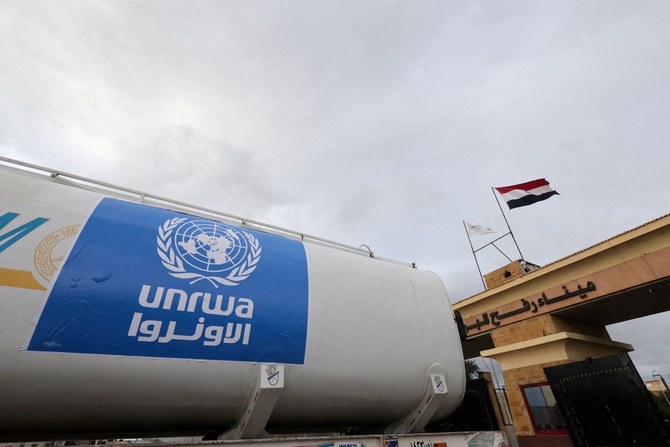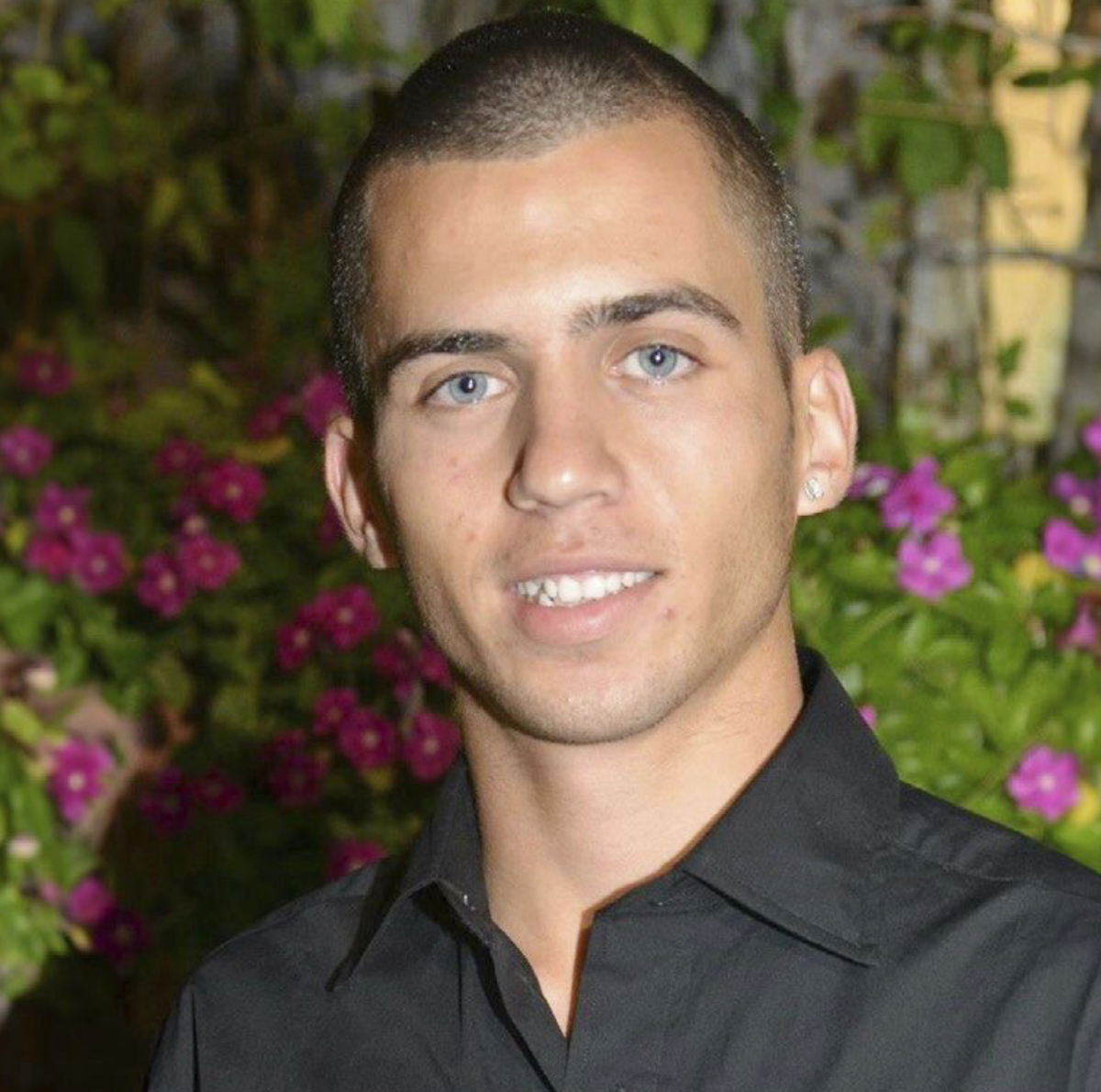NEW YORK CITY: The UN said it was taking “swift action” in response to allegations in the past few days that several employees of the UN Relief and Works Agency for Palestine Refugees in the Near East participated in the Oct. 7 attacks on Israel.
Stephane Dujarric, spokesperson for Secretary-General Antonio Guterres, said an investigation by the UN’s Office of Internal Oversight Services was immediately launched.
“Any employee involved in acts of terror will be held accountable, including through criminal prosecution,” Dujarric said on Monday. “The (UN) Secretariat is ready to cooperate with a competent authority able to prosecute the individuals, in line with the Secretariat’s normal procedures for such cooperation.”
He told Arab News the UN “would do whatever we can to appease the concerns of donors. And we, of course, have those concerns as well.”
Several key donors, including the UK, Finland and the EU, joined the US in announcing over the weekend that they were suspending funding of UNRWA.
It came as the International Court of Justice in the Hague called for “immediate and effective” action to ensure humanitarian assistance is provided to civilians in Gaza.
In a telephone call with Guterres on Sunday, Josep Borrell, the EU’s high representative for foreign affairs and security policy, expressed “strong concern” about the dire humanitarian situation in Gaza. He pledged that while the EU, one of the largest donors to UNRWA, does not foresee contributing any further funding to the agency until at least the end of February, will nonetheless continue to provide essential aid to Palestinians in Gaza “unabated, through partner organizations.”
The European Commission said it will review the decision to pause funding when the UN investigation into the agency is complete. It added that that it expects UNRWA to agree to allow EU-appointed independent experts to audit the agency and, in particular, the systems in place “to prevent the possible involvement of its staff in terrorist activities.”
The commission also called for a review of “all UNRWA staff (to) confirm that they did not participate in the (Oct. 7) attacks.”
Dujarric said Guterres is personally horrified by the accusations against UNRWA employees, but added that the secretary-general’s message to donors, especially those who have suspended their funding, is to “at least guarantee the continuity of UNRWA’s operations, as we have tens of thousands of dedicated staff working throughout the region.”
It is not so much the existence of UNRWA that is at stake, Dujarric said, “it’s the lives of the people that the agency serves that are at stake.”
The outlook for the agency and “the millions of people it serves, not only in Gaza, but also in East Jerusalem, in the West Bank, Jordan, Lebanon and Syria, is very bleak,” he added.
Martin Griffiths, the UN’s under-secretary-general for humanitarian affairs, said the people of Gaza have been enduring “unthinkable horrors and deprivation for months.” Their needs have never been higher and the UN’s humanitarian capacity to assist them has never been under so great a threat, he added.
“We need to be at full stretch to give the people of Gaza a moment of hope. Now is not the time to let them down,” Griffiths said.
Upon receiving information about the alleged involvement of UNRWA employees in the attacks on Israel, the agency’s commissioner general, Philippe Lazzarini, said he immediately terminated their contracts and launched an investigation into the allegations.
“Any UNRWA employee who was involved in acts of terror will be held accountable, including through criminal prosecution,” Lazzarini said, echoing the pledge by Dujarric.
“These shocking allegations come as more than 2 million people in Gaza depend on lifesaving assistance that the agency has been providing since the war began. Anyone who betrays the fundamental values of the United Nations also betrays those whom we serve in Gaza, across the region and elsewhere around the world.”
Asked why due process had not been followed in cutting ties with the employees facing the allegations, Dujarric said: “Historically, heads of agencies and the secretary-general have the authority to immediately terminate staff when they have information that leads them to believe that these staff should be terminated immediately.”
Several aid organizations expressed shock at the “reckless” decision by some donors to put their funding for UNRWA on hold, and reiterated warnings about the growing risks of starvation and disease outbreaks in Gaza.
The nongovernmental organizations pleaded with donor states to reaffirm their support for the agency, reverse the suspensions of funding, and step up the levels of humanitarian aid they provide to help tackle the urgent needs in Gaza and the wider region.
Dujarric welcomed this message of support for the agency, saying: “I think people in the NGO community understand the critical work that UNRWA does right now in keeping people alive, in the deliveries they have made since the beginning of this conflict but, more broadly, in all the work that they do, not only in Gaza, but in the West Bank, in Lebanon, Syria and Jordan.”
Asked by Arab News about the timing of the allegations against the 12 UNRWA workers, and whether the secretary-general sees any connection between this and the International Court of Justice ruling that acts of genocide might be occurring in Gaza, Dujarric said: “We have no control or comment on the time-space continuum in which we live.”
On the question of whether Guterres is concerned about the possibility that there is a deliberate effort to destroy UNRWA taking place, given that the Israeli Government has been relentless in its attacks on the agency since the beginning of the war, including a comment by one minister who said the war cannot be won without its destruction, Dujarric said: “Of course. Of course we’re concerned about attacks and about lack of funding for UNRWA.”























